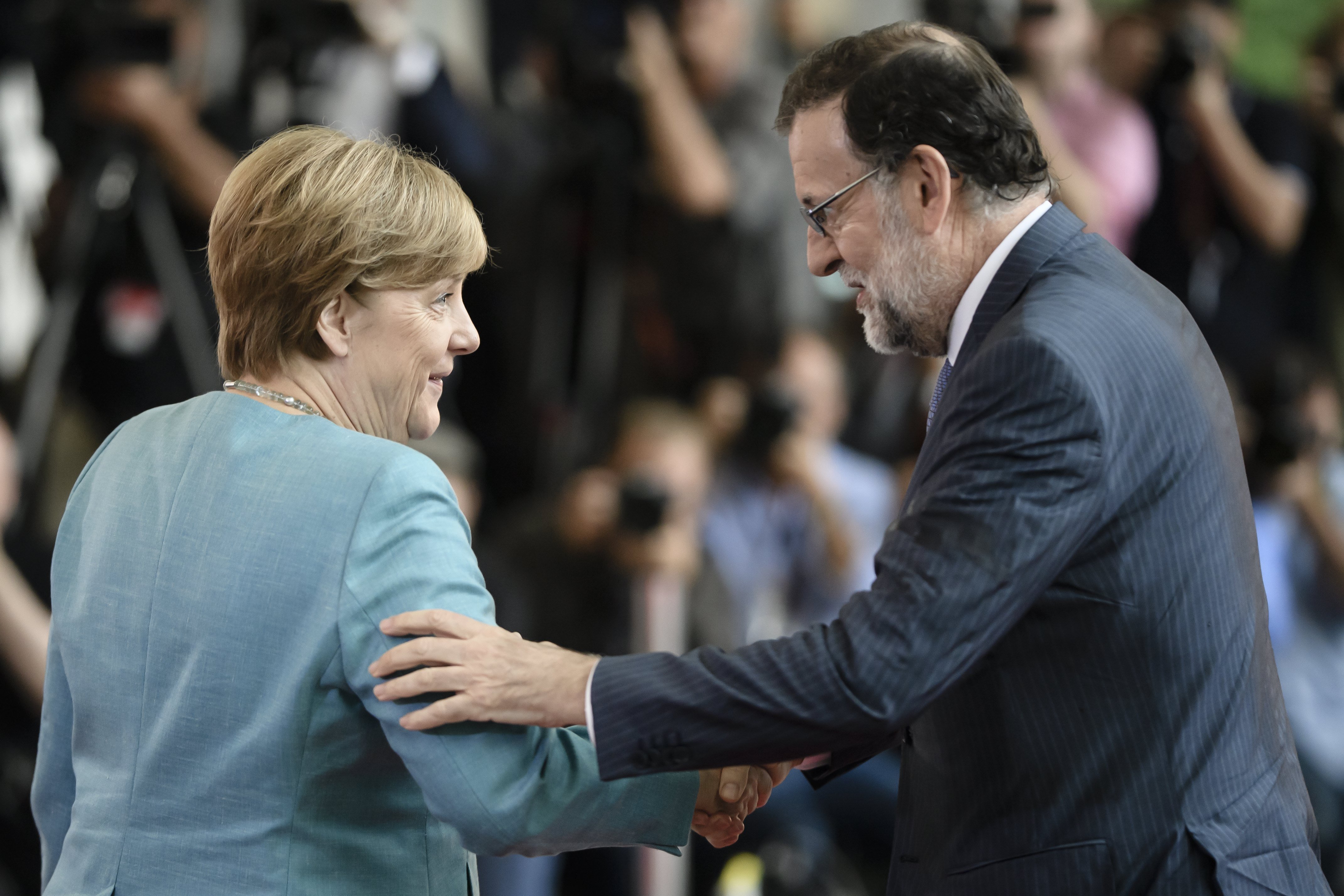A think tank which advises the German government, Stiftung Wissenschaft und Politik (SWP, Science and Politics Foundation), has warned Angela Merkel's government about the consequences Carles Puigdemont's extradition could entail and asked for them to be evaluated. In an article (in German) published on their website, SWP warns that Germany has become an "actor in the Catalan crisis" and that Berlin should now "push for a negotiated solution between Barcelona and Madrid".
SWP says that Germany has been "drawn directly into the internal Spanish conflict between Madrid and Barcelona, with all signs pointing towards further escalation" and positions being entrenched. The think tank believes that the internationalisation of the Catalan independence process is growing and bearing fruit, and that Merkel's government cannot simply rely on the "pertinent actions of German justice". Similarly, it warns that Puigdemont's potential extradition is interpreted "as another element of the political persecution of the leading politicians of the independence movement". The article goes on to describe supporters of Mariano Rajoy's government as seeing president Puigdemont's detention as "the beginning of the end of the 'Catalan process'".
The text notes that Catalonia hasn't had a government since the election on 21st December last year and that actions by the Spanish judiciary "are intensifying the confrontation", giving the detention of presidential candidate Jordi Turull as an example. Similarly, they believe that neither Madrid nor Barcelona have so far shown interest in changing course and they urge Madrid to "send signals for calm". Specifically, they call on Madrid to accept offers for mediation, like the one from the Basque Country, but say that Germany shouldn't be a mediator, as an "external actor".
The foundation believes that the the question of whether the German penal code includes a crime equivalent to rebellion in Spanish law, possibly high treason, "shouldn't be central to a decision", as he is accused of four other crimes.
Finally, SWP calls for German politicians to use diplomatic channels and political contacts to ask the parties involved to start negotiations. They say that Germany should use its room for manoeuvre to send its own signal for calm: "This also includes evaluating the political consequences of the extradition process and influencing the conflict parties towards dialogue".

